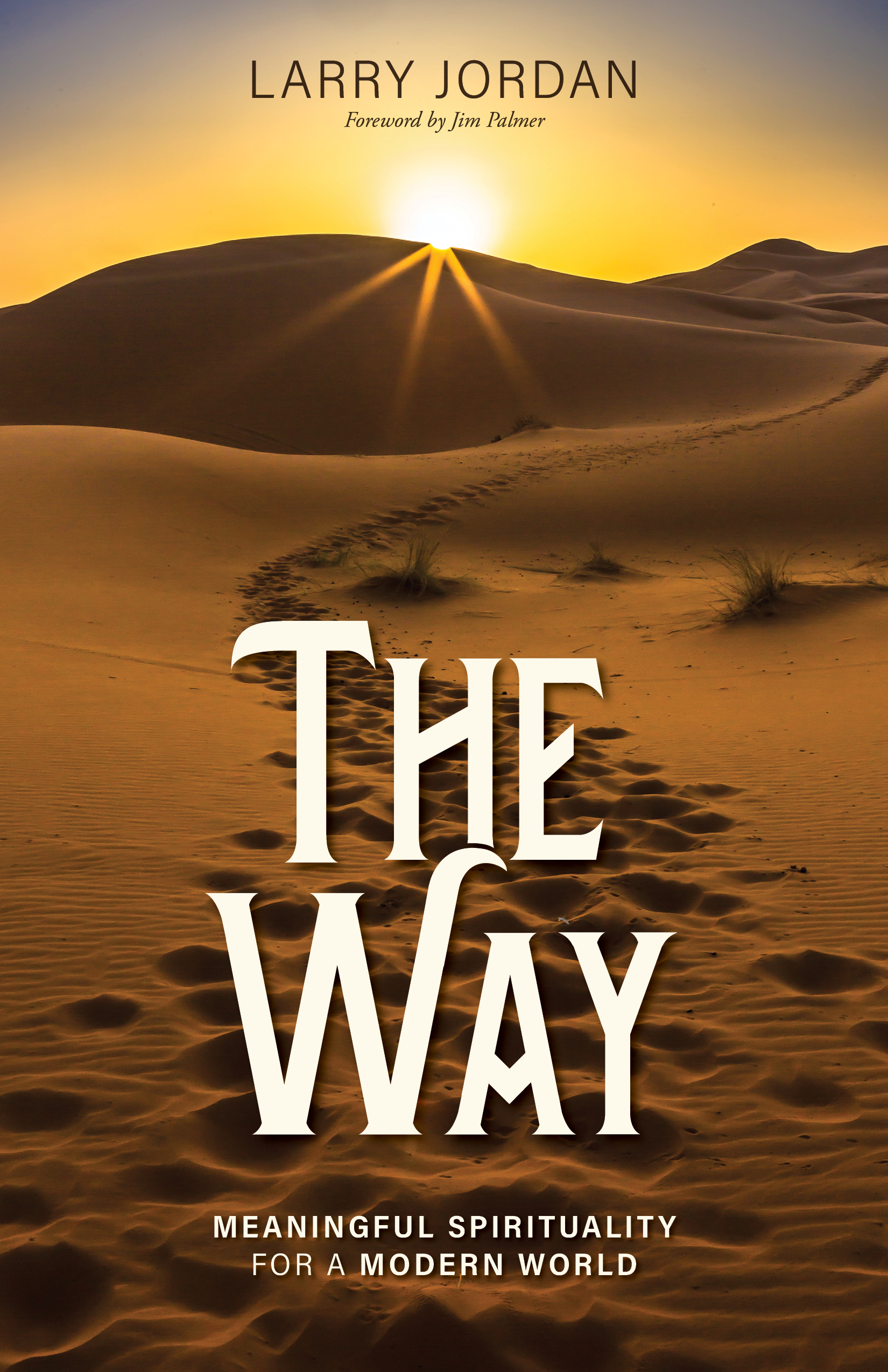The Way: Meaningful Spirituality for a Modern World
The Way integrates religion and science and reconciles Eastern and Western worldviews, confirming with the mystics and the scientists that everyone is related, and everything is connected.
This book recognizes the perennial philosophy that underlies many spiritual traditions. Reading The Way is like having a cup of coffee with Bart Ehrman, Eckhart Tolle, Thich Nhat Hanh, and Albert Einstein.
The book has a "theory of everything" feel to it. Like a TED talk, it is deeply personal with broadly universal themes.
THE WAY was a SILVER WINNER in the 2024 NAUTILUS BOOK AWARDS.
The Western worldview is based on separation. In the Bible, everything is separated—light and dark, land and water, animals and people. In church, people are separated too—clergy and laity, men and women, straight people and LGBTQ people.
The Eastern worldview is based on Oneness. The mystics and the scientists see the world this way too. Any perceived sense of separation between ourselves and others is illusory. In the East, God is "a part of us," not "apart from us."
The first half of the book deconstructs an old belief system based on dualistic Christian theology. The deconstruction is interesting, not angry or judgmental.
The second half reconstructs a modern belief system based on nondual Eastern religions, the mystics, and the scientists. The reconstruction is thought-provoking, not preachy or speculative.
- Can we encounter God or the Universe without accepting human doctrines that no longer make sense in light of modern science?
- Can we learn about God or the Universe from other spiritual teachers, such as Buddha, Krishna, or Lao Tzu—much as we learn from Jesus?
- Can we think about God or the Universe as the "ground of being," rather than as a being—much as many of the mystics think about God?
- Can we practice a meaningful spirituality that is truly transformational, more experiential, more open-hearted and more open-minded?
The Way is reporting, rather than apologetics, memoir, or polemic. Open-minded seekers, including religious people, spiritual but not religious people, and humanists will appreciate the questions that the author addresses clearly and fairly.
The book includes suggested study questions, and it works well in book clubs.
"If you read only one book to guide your deconstruction and reconstruction process, this would be the one to read."
—Jim Palmer, Founder of The Center for Non-Religious Spirituality

















